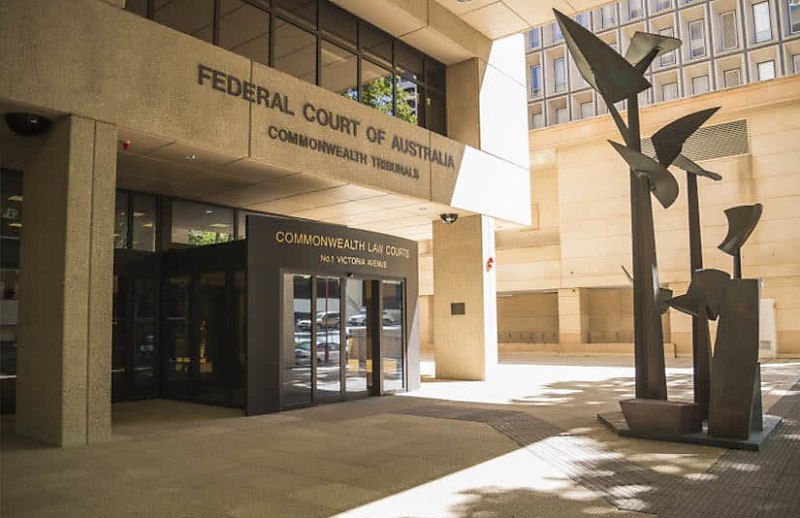In a decision impact statement issued on Wednesday, the Tax Office embraced the Federal Court’s interpretation of what it means to be an employee under superannuation legislation.
The decision confirmed that only natural persons will be treated as employees under superannuation legislation, not partnerships.
The applicants argued that they were employees of the respondent and were therefore entitled to superannuation payments.
While both were initially hired as ordinary employees of the respondent company, both later agreed to become contractors and to set up partnerships with their wives.
The partnerships then entered into written contracts with the respondent for the provision of delivery services, though one partnership was dissolved some years later and that applicant continued as a sole trader.
Both applied to the Federal Court for a determination that they were entitled to superannuation but were rejected on the basis that they fulfilled neither the ordinary definition of ‘employee’ nor the statutory definition under the Superannuation Guarantee (Administration) Act 1992 (SGA Act).
Justice Tom Thawley held that the respondent held contracts not with the applicants, but with their partnerships, meaning they were not party to the contracts.
The court also found that the contracts were not “wholly or principally for the labour of the person” as required by the legislation, and instead were for both labour and equipment, as part of the revenue was provided to meet the cost of maintaining and operating the delivery trucks.
On appeal, the Full Federal Court overturned the primary decision, finding that the applicants were employees having regard to the “substance and reality” of the relationships.
However, the High Court ultimately rejected that the applicants met the ordinary definition of employees and remitted the statutory question to the Full Federal Court, which found that the two drivers were not employees for the purposes of the superannuation legislation.
“The drivers were not parties to the contracts, rather the partnerships were the relevant parties,” said the ATO.
“Section 12(3) [of the SGA Act] only applies where the party providing the services is a natural person who was a party to the contract in his or her individual capacity and not in any other capacity such as a trustee of a personal services trust, or as in this case, a partner in a partnership.”
This finding largely aligned with submissions made by the Commissioner of Taxation.
It also affirmed the earlier s 12(3) test laid out in the Full Federal Court’s earlier decision of Dental Corporation Pty Ltd v Moffet [2020] FCAFC 118.
In a decision impact statement, the ATO said the decision reinforced that applying the statutory definition of employee requires analysis of the bilateral exchange of promises; that the superannuation regime cannot be circumvented by forming a contract with multiple parties; that only a natural person is captured by the statutory definition; and that assessing whether a contract is for the provision of labour requires consideration of the terms of the contract.
It added that a contract will not be for labour if it is a contract for the provision of a result and that remuneration being calculated per hour weighs in favour of the contract being for labour.
The Tax Office added that a contract that allows the service provider to delegate the performance of those services without the consent of the engaging entity is not a personal contract.
The Commissioner of Taxation, who was joined as a third respondent to the remitted proceedings, said the outcome was consistent with his position.
Submissions on whether relevant guidance products, including Superannuation Guidance Rulings 2005/1, 2005/2, and 2009/1, should be amended in light of the decision must be made to the ATO by 14 June 2024.

 Login
Login






